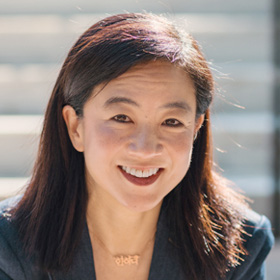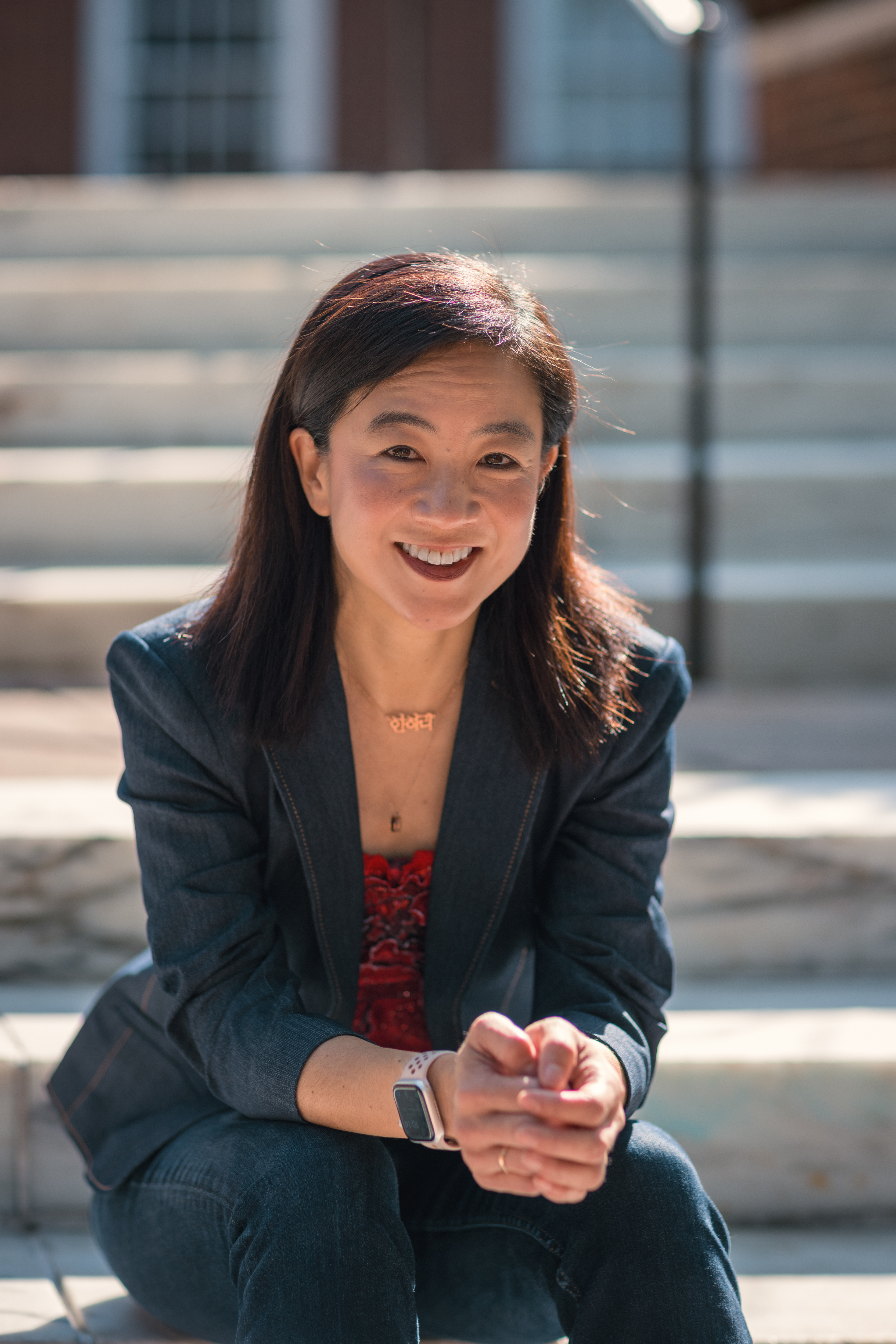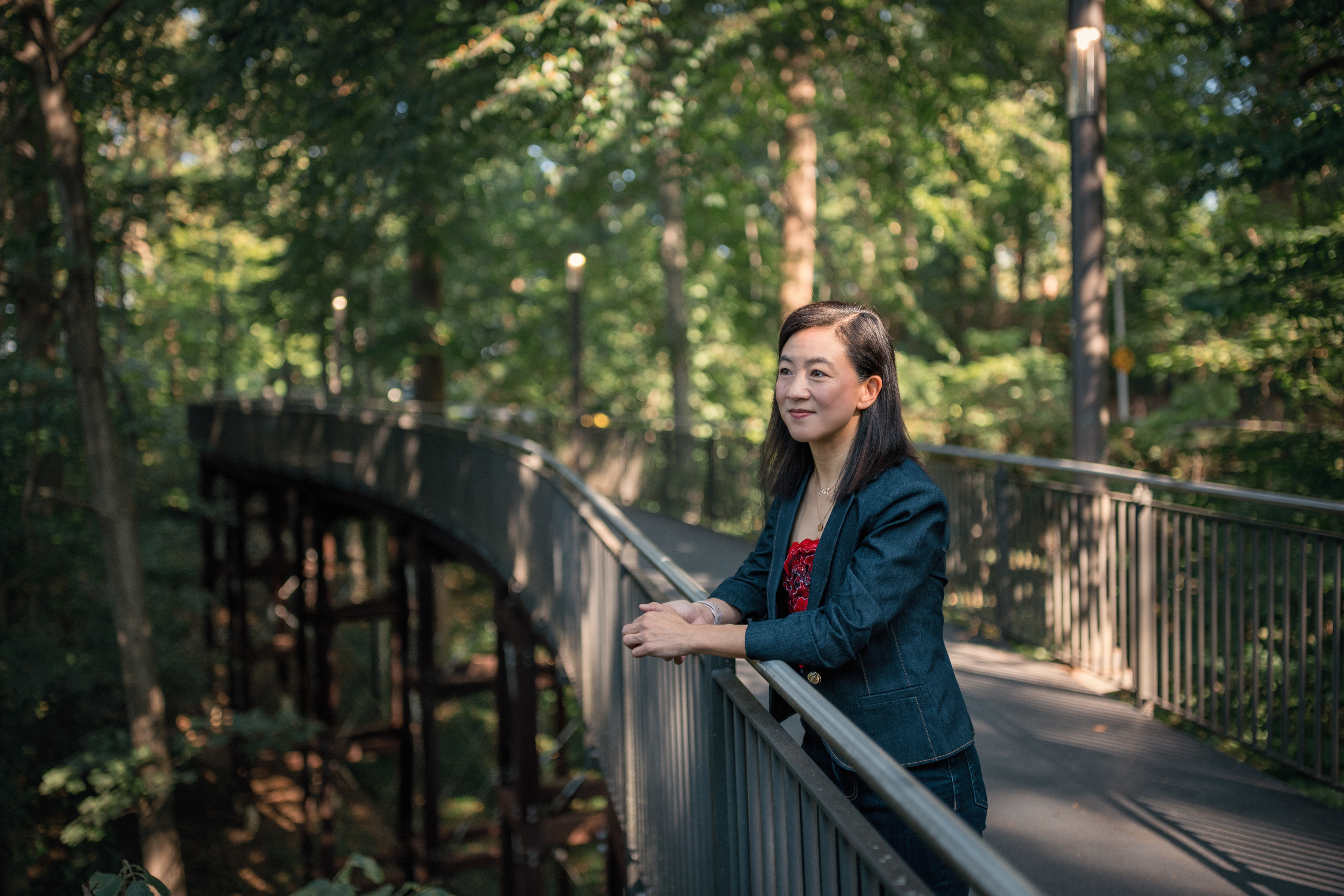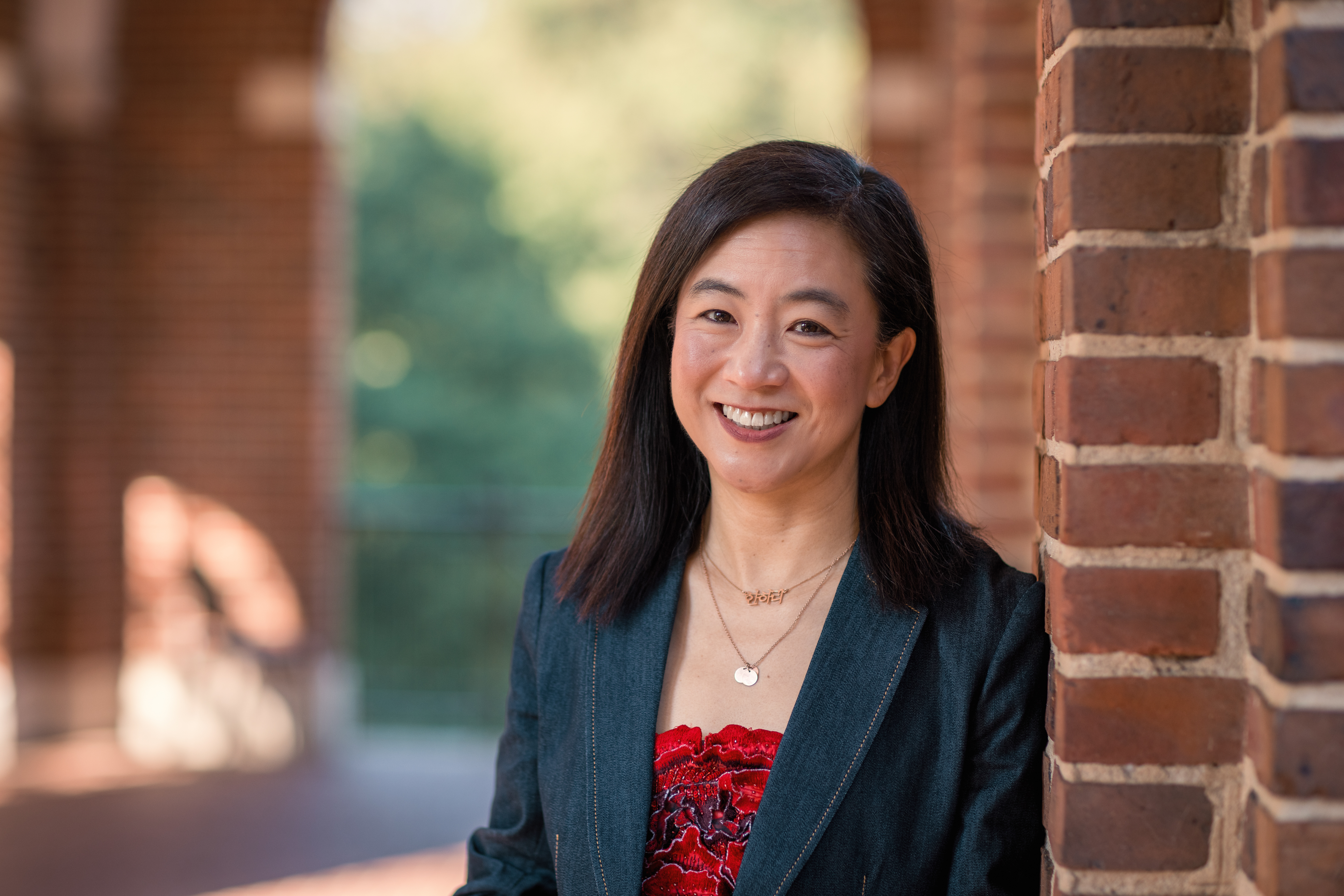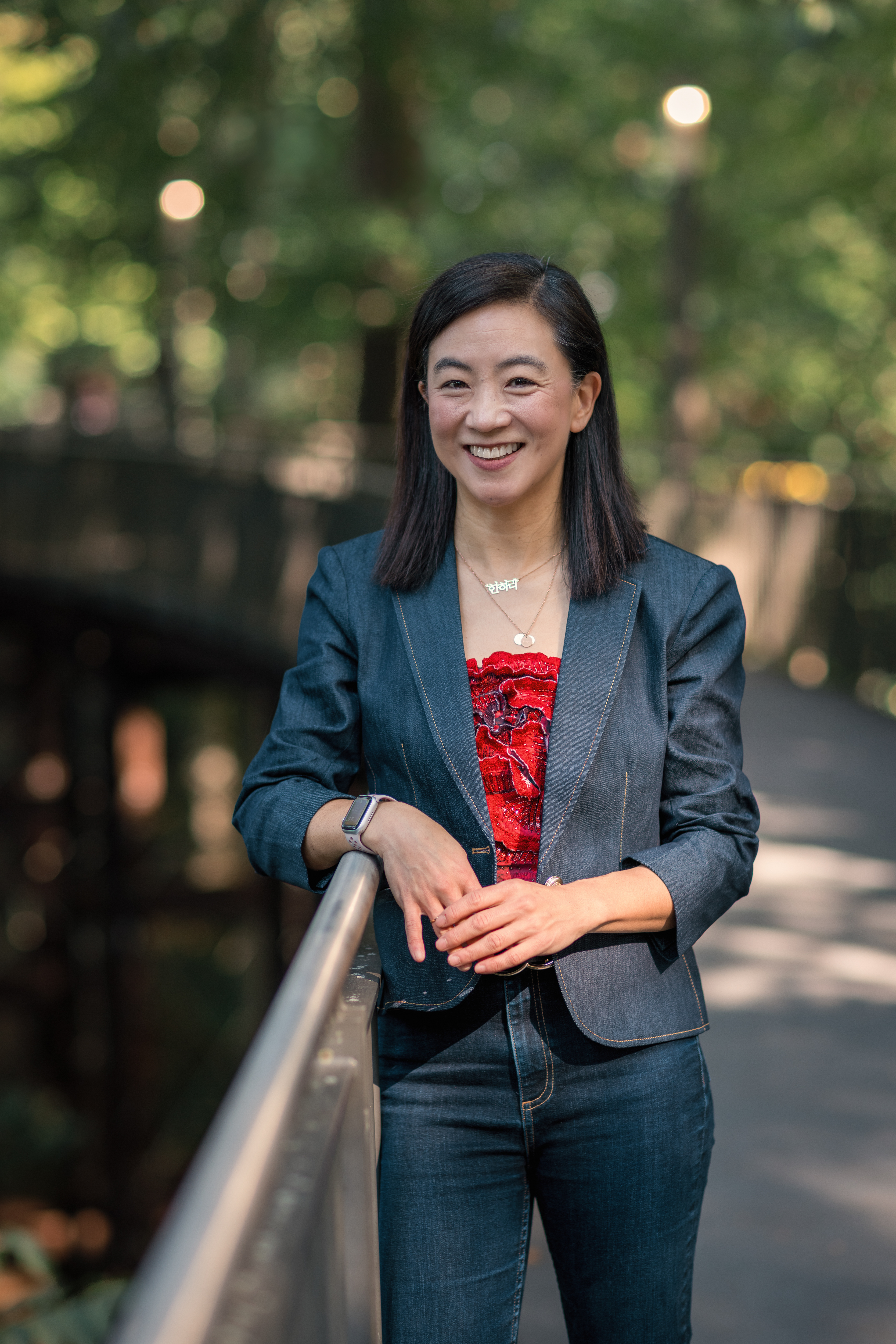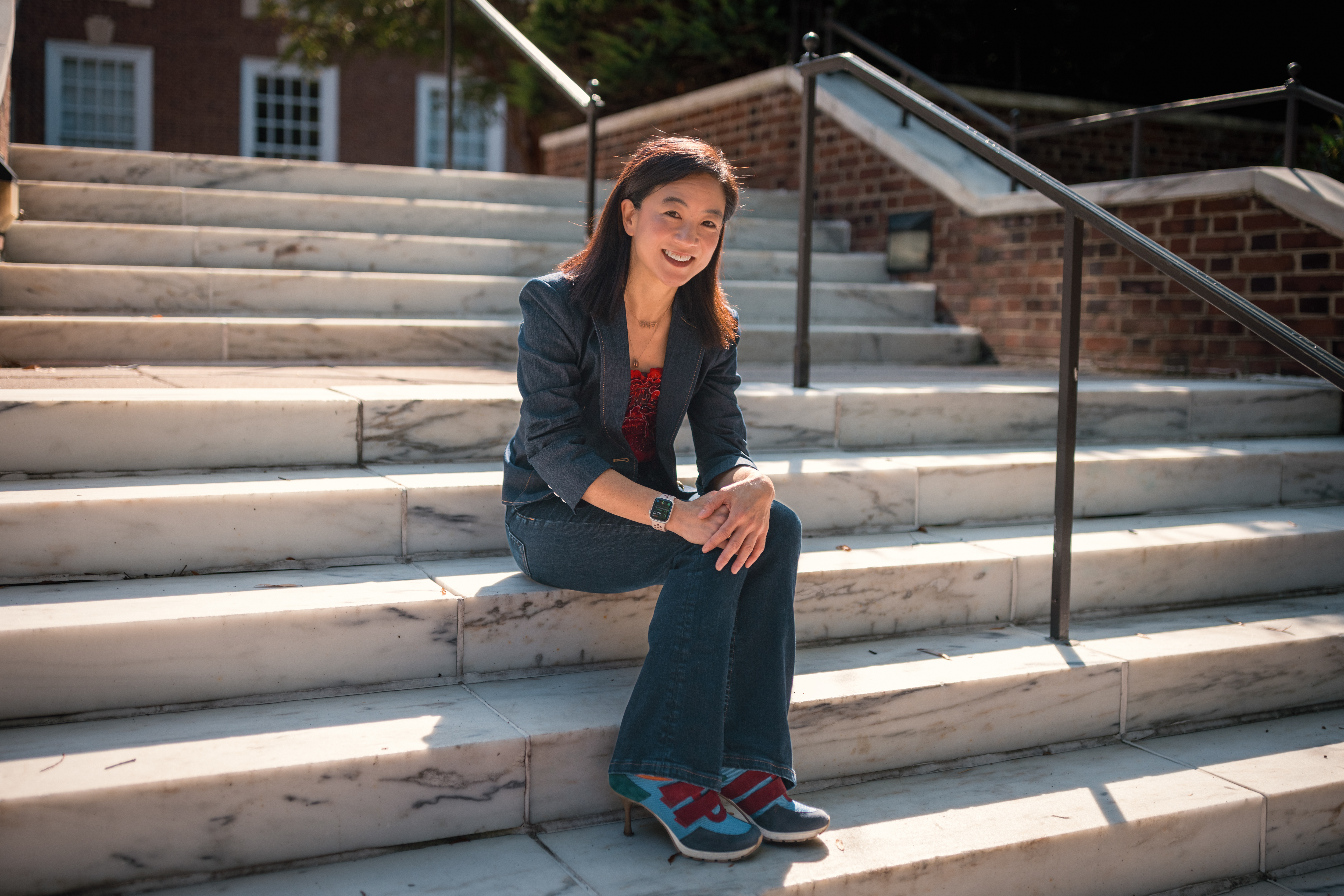About Hahrie’s Work
Hahrie Han is a political scientist addressing critical questions about how and why people participate in civic and political life. Employing a range of ethnographic, sociological, experimental, and quantitative methods, she examines organizational structures and tactics that encourage individuals to interact across lines of difference and work together for change in the public sphere.
Han combines the analytical rigor of political science with careful attention to the lived experiences of her subjects. She advances scholars’ understanding of what makes certain forms of civic participation more durable and impactful than others. At the same time, she provides policymakers, organizers, and civic leaders with actionable recommendations for how to offer more meaningful opportunities for people to make a difference and take part in collective problem-solving. In Moved to Action: Motivation, Participation, and Inequality in American Politics (2009), Han investigates what motivates individuals to become politically active citizens. She finds that people with lower incomes and fewer resources, who are typically less engaged in politics, participate more when there are opportunities to act around key issues that matter to them. She turns to institutional practices in the book, How Organizations Develop Activists: Civic Associations and Leadership in the 21st Century (2014). Drawing on observational fieldwork, surveys, and experiments, Han identifies what strategies make certain chapters of a national environmental organization and a healthcare reform association more effective at mobilizing and engaging members than others. For another project, Han and colleagues used computational tools to map civic infrastructure in the United States, identifying opportunities for civic engagement and collective action through spaces such as churches, libraries, social clubs, and community-based organizations. A robust civil society with broad citizen engagement is essential for a healthy democracy, yet Han and collaborators showed that civic opportunities are unevenly distributed and scarce in many areas of the country.
Han’s most recent book, Undivided: The Quest for Racial Solidarity in an American Church (2024), is written for a broad, general audience. For this project, she spent years researching an evangelical megachurch in Cincinnati, Ohio, that embarked on a faith-based, racial justice program. Han follows four participants in the program to understand how they were moved to bridge their differences and work together toward social transformation. In this case, members of the congregation were part of a citywide effort to support a ballot initiative that would raise their taxes to fund a universal preschool program at a time of deep polarization and division. By identifying models for strengthening civic engagement and community connections, Han points the way toward a multiracial democracy that is more responsive to its citizens’ concerns and aspirations.







